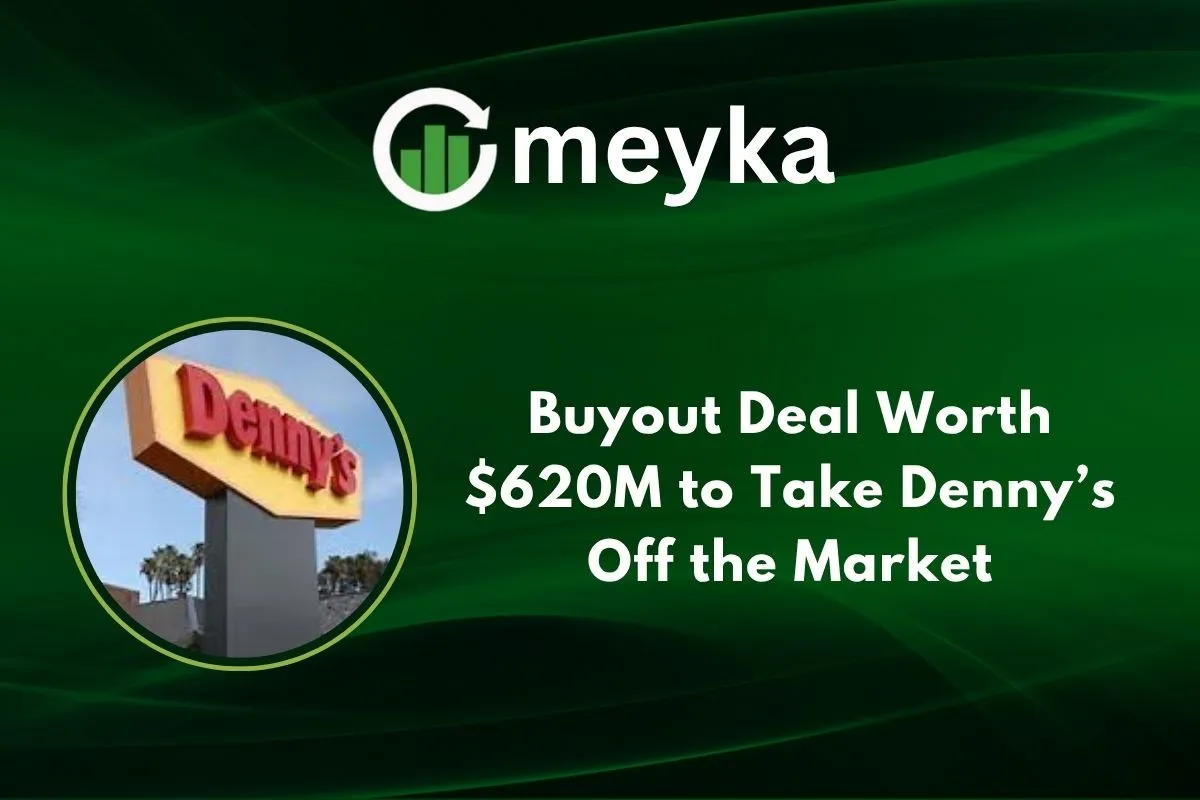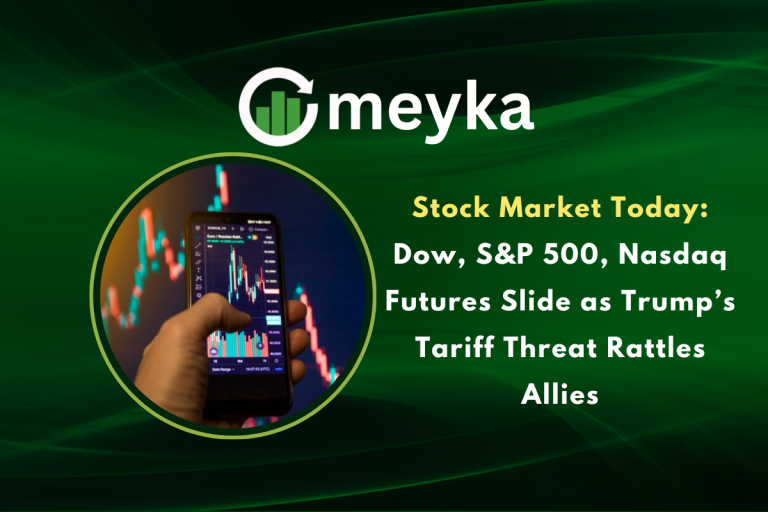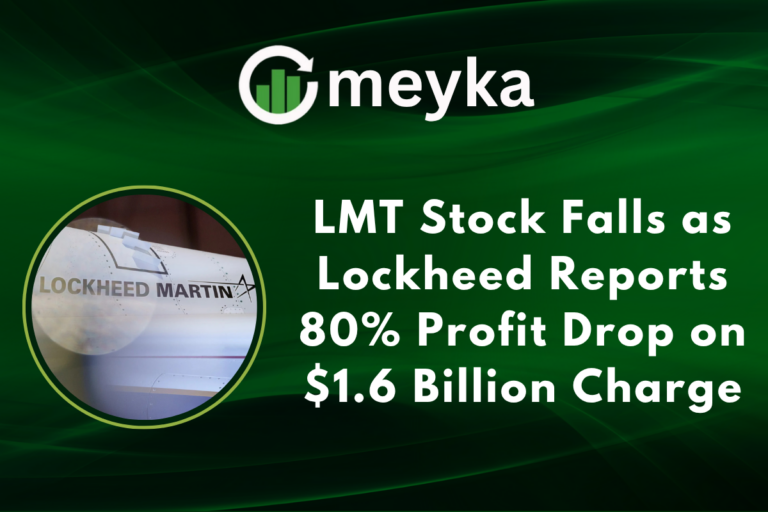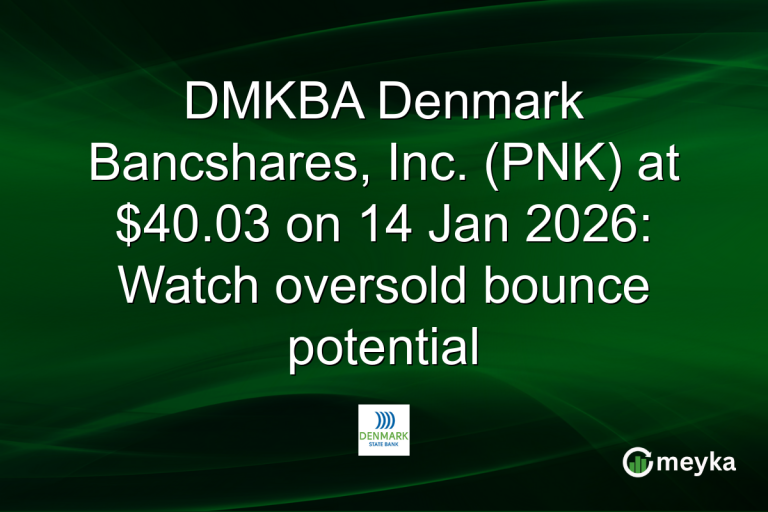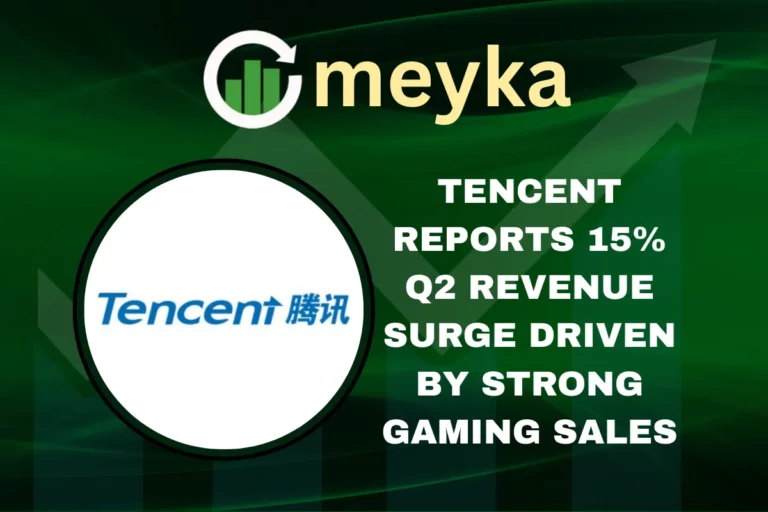Buyout Deal Worth $620M to Take Denny’s Off the Market
We’re watching a major change in the restaurant world. Denny’s has agreed to be bought out for about $620 million, including debt. That means Denny’s will no longer trade as a public company if the deal closes as expected. For a brand that has been part of breakfast tables, late-night stops, and road-trip meals across America, this is a big shift. We will explore what this deal means, why it’s happening now, and how it might affect customers, workers, and investors.
Continue Reading on Meyka
This article is available in full on our main platform. Get access to complete analysis, stock insights, and more.
Read Full Article →